Copyright © 2022 Peking University School of Transnational Law.

2017-07-01 Views: 1
On Saturday morning, July 1, 2017, the STL community celebrated the sixth Commencement Ceremony of Peking University’s School of Transnational Law (STL). The ceremony recognized the excellence of STL’s 86 J.D./J.M. graduates.
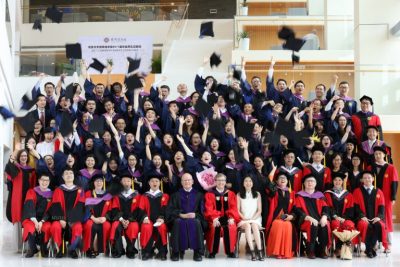
Dean Philip McConnaughay began the ceremony with a brief address to the graduates. “You decided to attend STL because of its promise: A unique introduction to the legal systems of the West, to the law of China, and to transnational law. A unique and especially demanding interactive method of instruction. And an English language curriculum. But no one really knew the outcome of all of this in 2013. You had to decide based on your vision, and on your confidence that you could contribute to making the promise of STL a reality. And that’s exactly what you have done, ” said Dean McConnaughay.
“All of you are now members of an elite group of lawyers prepared to understand and practice the law of China, the law of the United States, the law of the United Kingdom, the law of the European Union, and whatever laws, rules and practices eventually emerge from the meeting and modification of all of these. You are true transnational lawyers. Congratulations on your graduation and on all of your extraordinary achievements. You make us very proud,” continued Dean McConnaughay.
This year’s commencement was held in the Moot Courtroom in the new STL Building. During the ceremony, graduates and their families heard from STL’s Founding Dean and current Executive Vice Chancellor of NYU’s Shanghai campus, Jeffrey Lehman; Peking University Law Professor Ge Yunsong; The Honorable Xi Xiangyang, a senior judge of the Supreme People’s Court First Circuit; and graduating student Li Mengshi.
Dean Lehman’s remarks included a thought-provoking discussion about Give and Take, a book written by Professor Adam Grant of the Wharton School at the University of Pennsylvania. Dean Lehman said,
[t]he book talks about different ways that people interact with each other. Sometimes they behave as what Grant calls “takers” (people who like to get more than they give). Sometimes they behave as “givers” (people who give more than they get). And sometimes they behave as “matchers” (people who try to preserve a fair, reciprocal balance). … According to Grant, the research suggests that the least successful people are disproportionately givers. They are unsuccessful because they get taken advantage of by takers. And yet the research also shows that the most successful people are also givers! How can that be?
According to Grant, these successful givers tend to be people who ask a lot of questions before they speak, who ask others for advice, who listen carefully and reflect on what others say, and who speak tentatively rather than aggressively. They are successful because other people like them, admire them, trust them, and end up helping them to be successful. … I believe that, by nurturing within you the transnational lawyer’s ability to see issues from other people’s perspectives, STL has done an amazing job of preparing you to be successful givers.
Ge Yunsong, Professor of Law at Peking University (Beijing) and Distinguished Visiting Professor at STL, was invited by STL graduates to provide the faculty address. His remarks touched on the stages of development in China’s efforts to build a legal civilization. He stressed the fundamental role of advanced legal education in achieving this. He cited STL’s innovative program as having great potential for legal education in China and worldwide: “[STL] is a school full of promise, not only in China, but also worldwide. The unique legal education model created by STL is innovative. STL is like a laboratory for legal education. I believe it has already achieved success, and I believe an even better future is yet to come, with lots of hard work and contributions from you all.”
“Dear students, you are about to leave school and are ready to work in different fields. But please keep this in mind … [T]he little effort that we make every day is part of the Chinese legal undertaking, a part of the new legal civilization. Though our contribution might seem to be little, we should always work honestly to accelerate the development of a Chinese new legal system,” concluded Professor Ge.
Judge Xi began his remarks by telling the gradates that they were in an “enviable” position because they had been “able to enjoy the most unique legal education in the world.” “Promoting the rule of law should be the responsibility and goal of every law school graduate and even of every member of society.” He offered many examples of seemingly small contributions having major impact on the development of the rule of law.
Like the classes before them, the Class of 2017 is pursuing positions in leading multinational and top-tier Chinese law firms (e.g., Fangda, Kirkland & Ellis, King & Wood Mallesons, Cooley, Paul Weiss), the legal departments of leading multinational and Chinese corporations and financial institutions (e.g., Xiaomi, China Union Pay, China International Capital Corporation Limited), government agencies (e.g., Ministry of Finance, Shanxi and Hebei Provincial Governments), SOEs (e.g., National Development Bank, China Agriculture Bank) and advanced degrees (e.g., Harvard University, Tsinghua University). A few graduates have even started their own businesses.
Li Mengshi, who provided the address on behalf of the graduates, spoke of the transformation that she and her classmates experienced in their four years at STL, recounting all of the fun and pressures that bonded their friendships.
The Class of 2017 expressed their commitment to STL and their fellow students by establishing a scholarship fund that will recognize outstanding student achievement while at STL. Dean McConnaughay described the gesture as a generous gift for a worthy purpose that he hoped would establish a precedent for future STL classes.
Congratulations, STL Class of 2017!
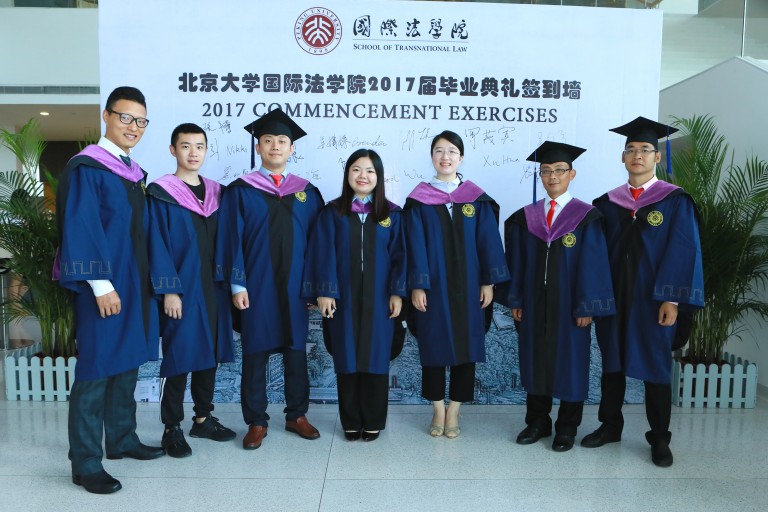
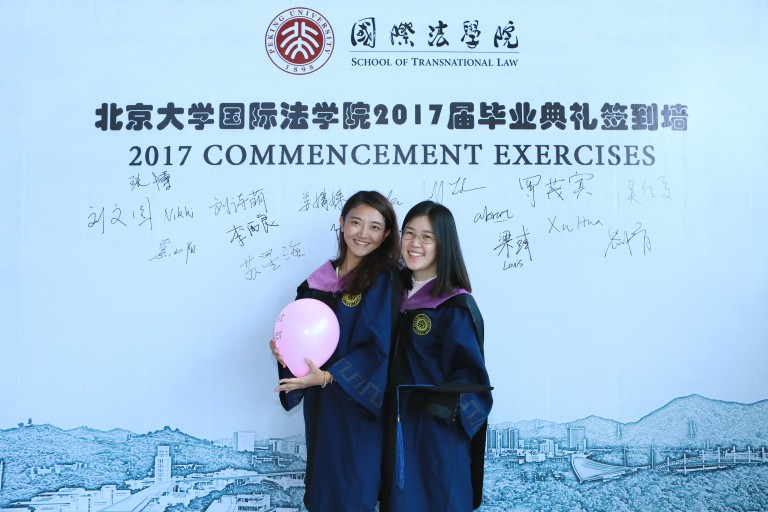
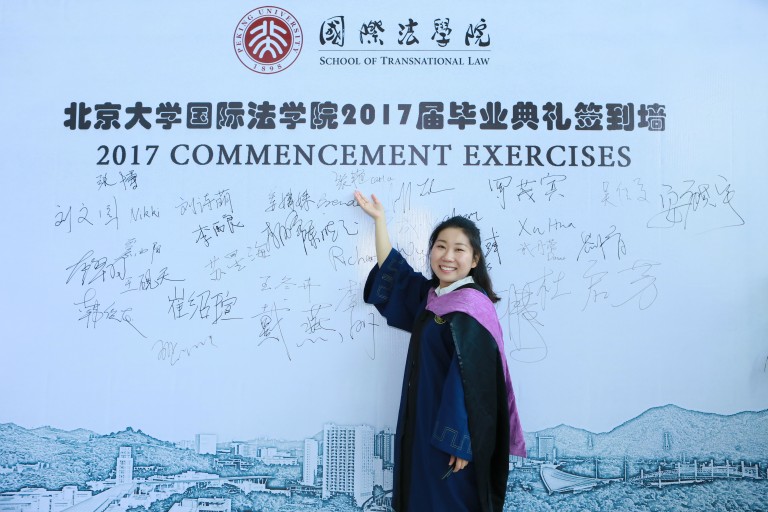
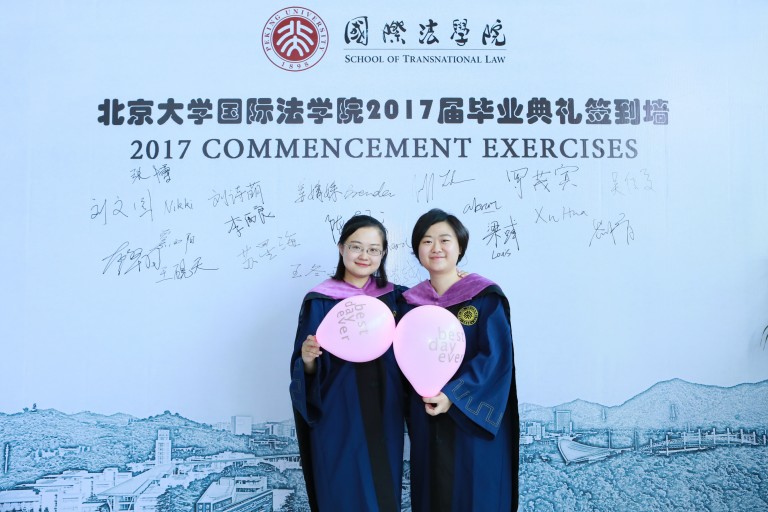
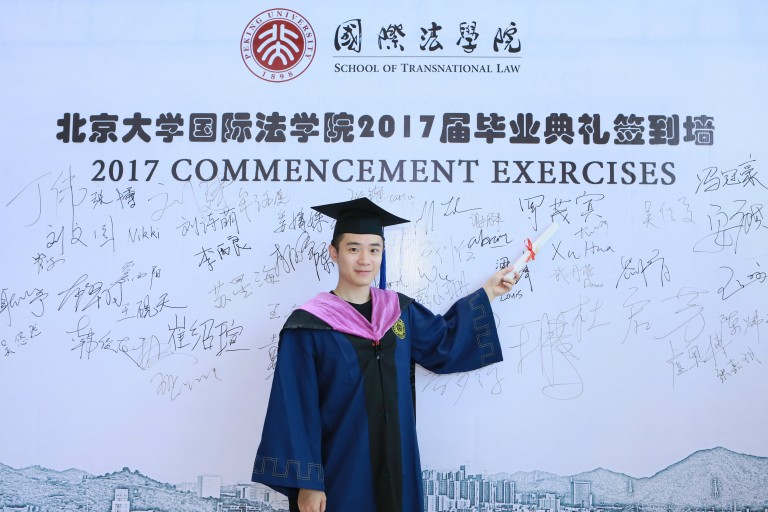
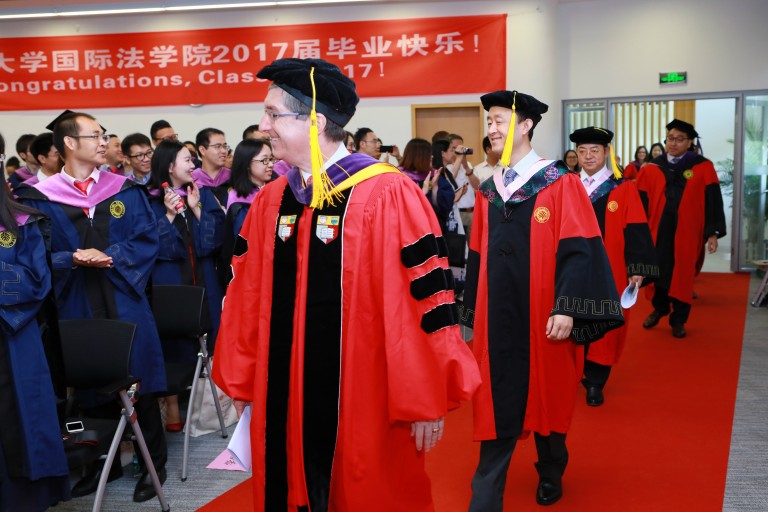
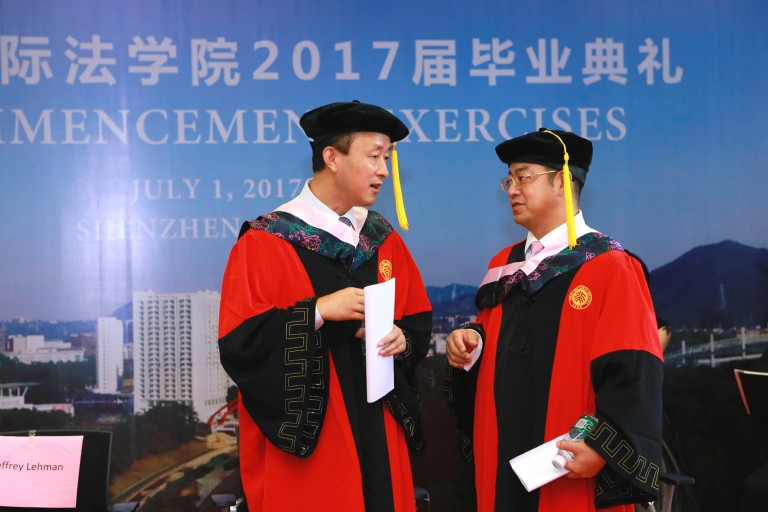
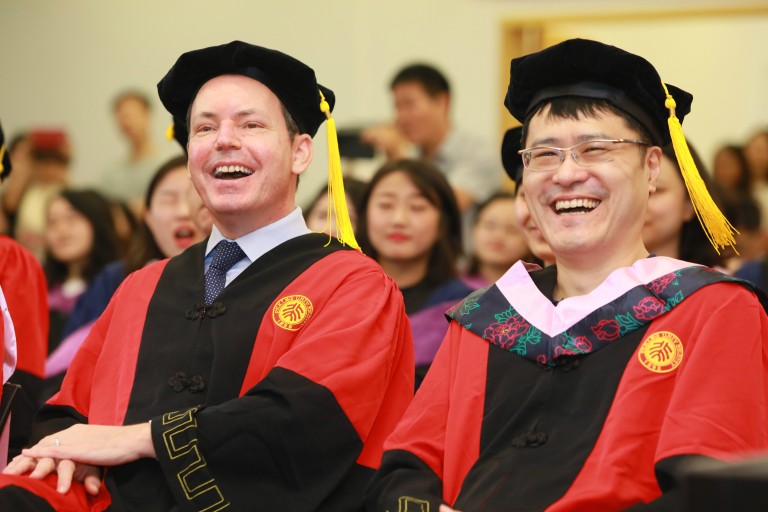
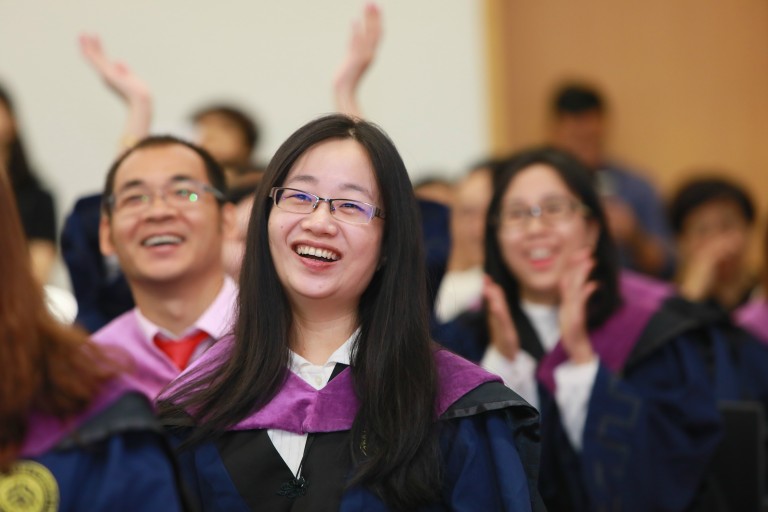
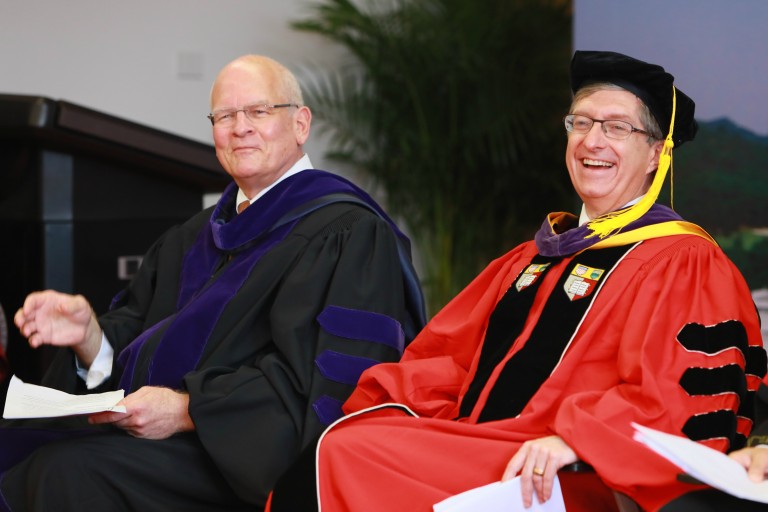
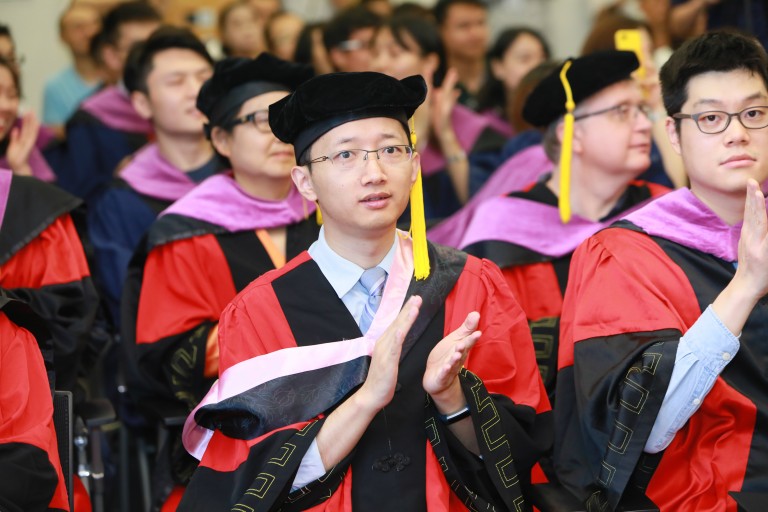
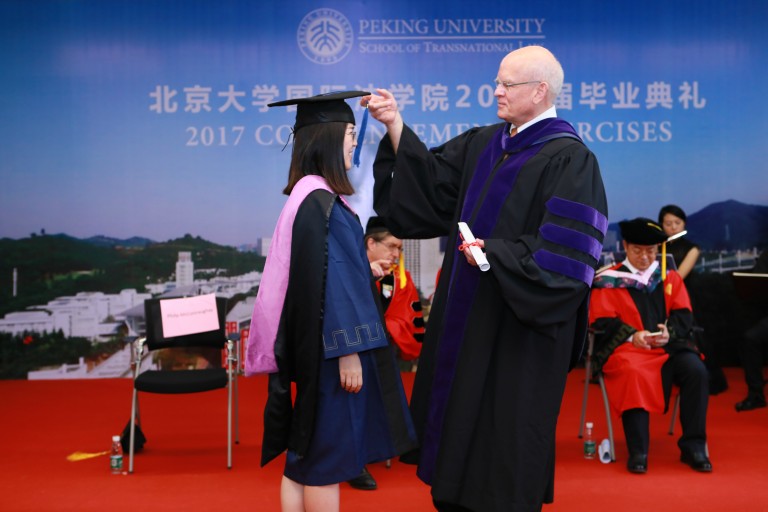
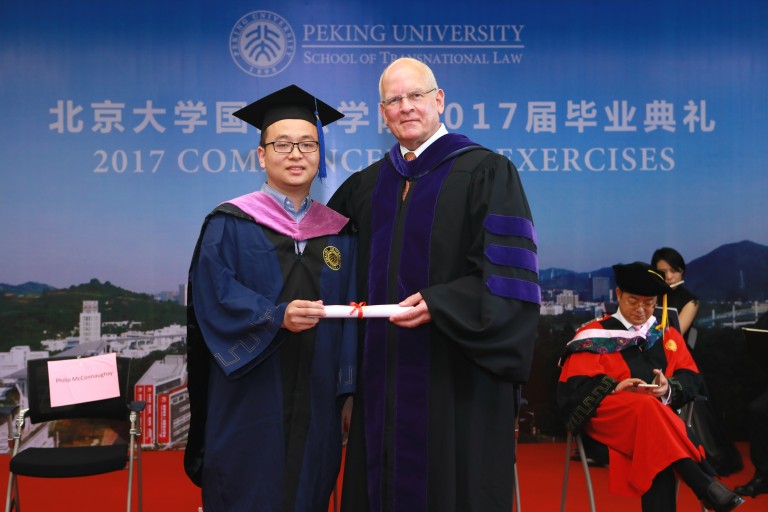
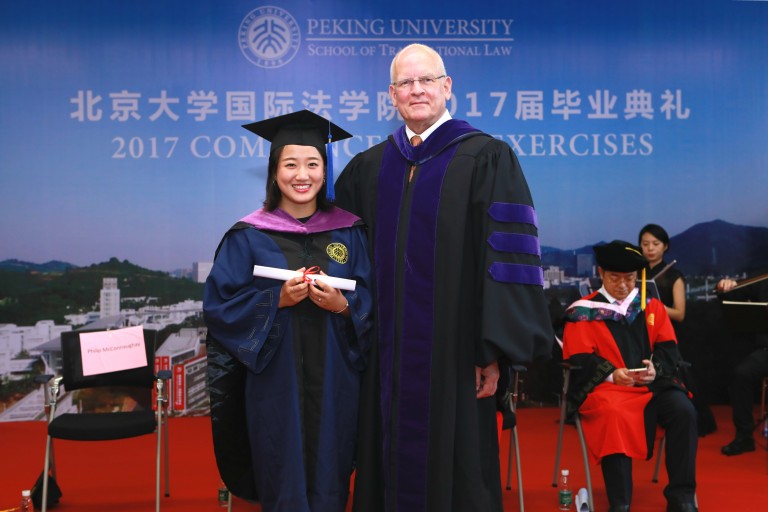
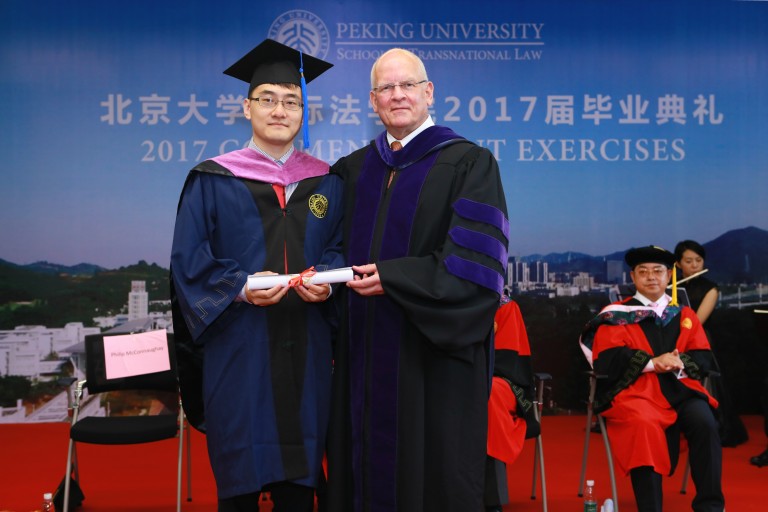
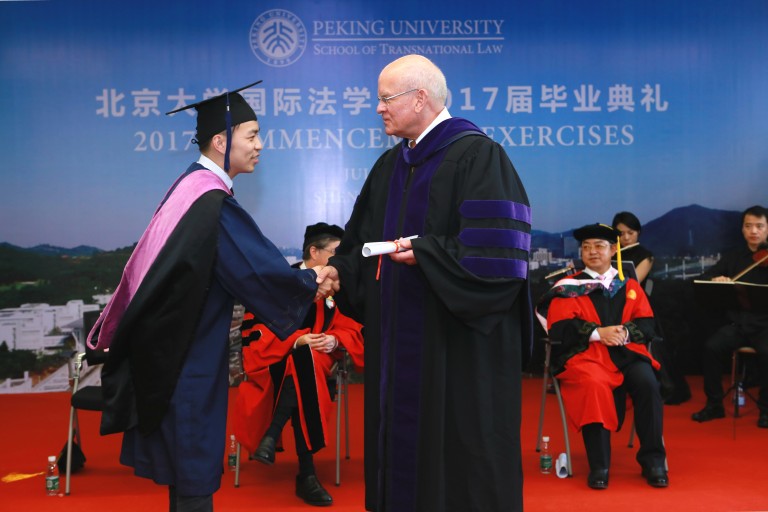
June 29, 2024
June 20, 2024
June 20, 2024
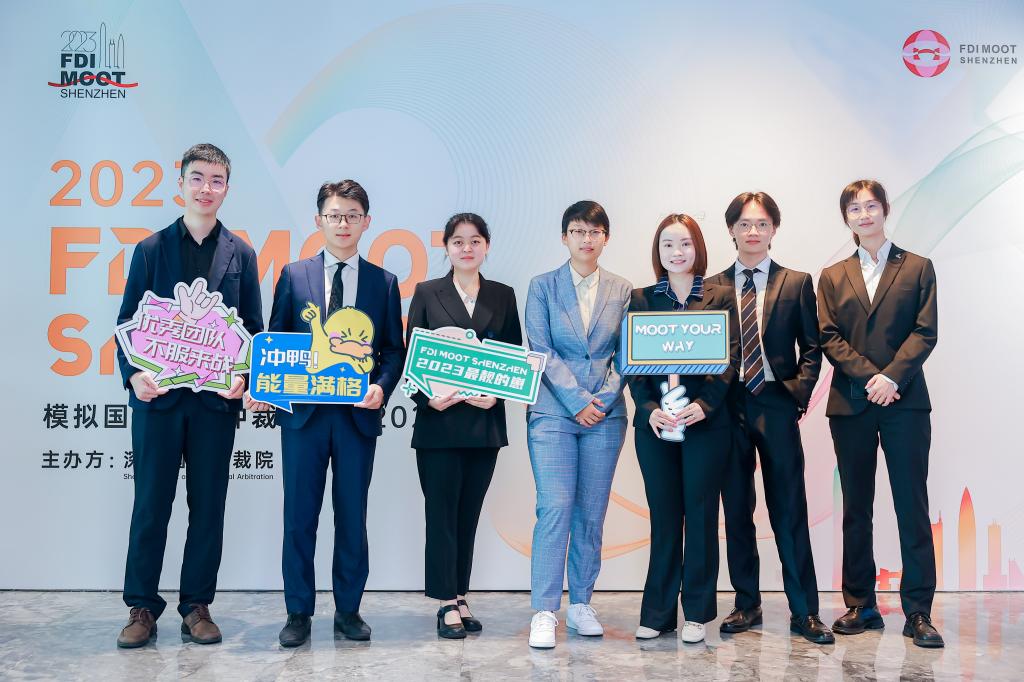
June 20, 2024
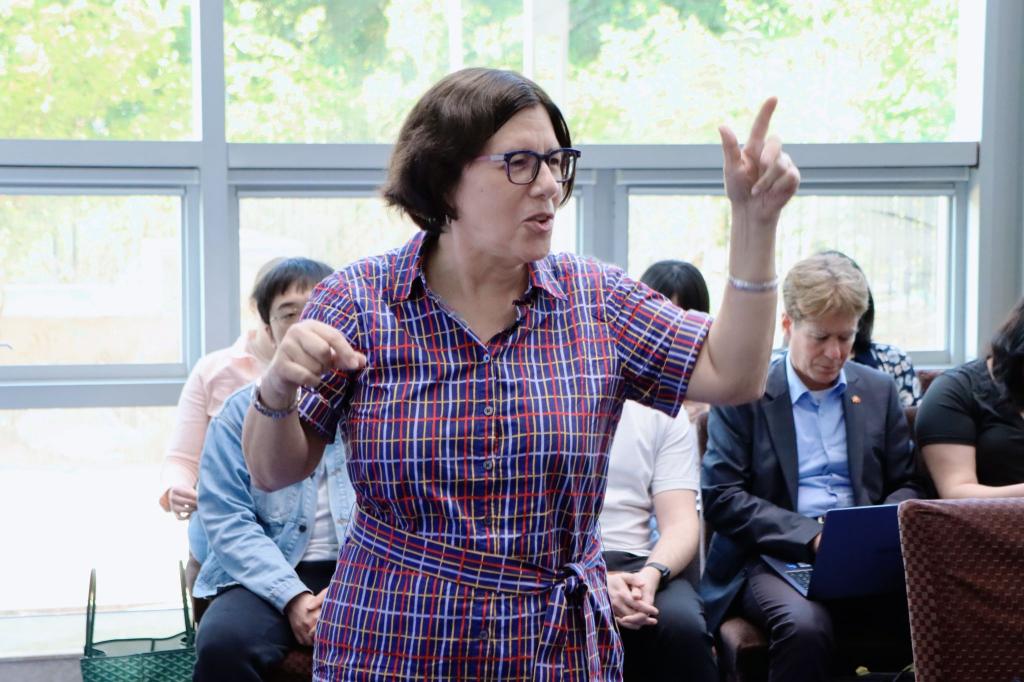
June 19, 2024